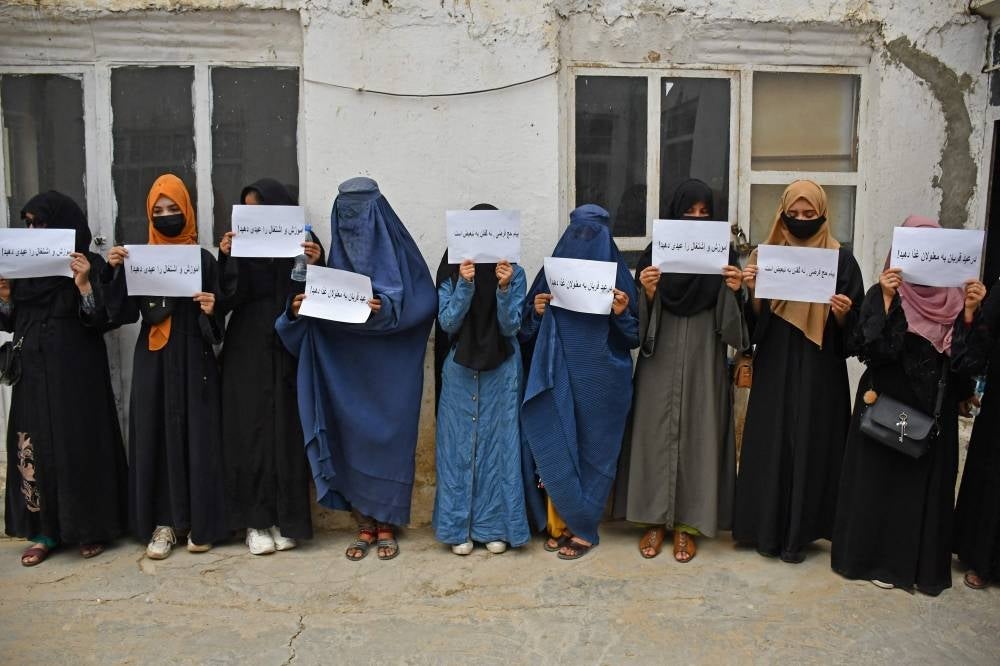Taliban education ban on women: Seeking knowledge compulsory in Islam regardless of gender - Religious scholar

SHAH ALAM - In Islam, it is compulsory for both men and women to seek knowledge.
This, University of South Australia Centre for Islamic Thought and Education (CITE) director Professor Mohamad Abdalla said was because through knowledge, people will be able to worship Allah properly and take care of the earth.
"Islam is revolutionary in this regard because it did not confine the seeking of knowledge to men only, but it made it a compulsory religious obligation.
"It’s not even an option, it's a religious obligation to seek knowledge because without that knowledge, you won't be able to worship Allah properly and you won't be able to construct the earth that He gave us," he said on Sinar Daily’s Fireside Chat programme.
Mohamad was responding to a question on Taliban’s ban on education for girls and women.
He said looking at the history of the Islamic civilisation, women have been engaged in all aspects of life, including in the Islamic knowledge.
The hadith, he said was one of the most complex and sophisticated branches of Islamic knowledge and there were at least 8,000 female scholars of hadith of the highest order.
He said in Islam there were no problems for women to seek knowledge, but sadly, culture had changed the perception of the beauty of the religion.
"How do we solve this problem?. First of all, the most important way to resolve this is through education. We need to advocate more for education. We need to speak more about it.
"What Islam says about education is that we need to teach our youngsters about the Islamic civilisation and the important role women played,” he said.
Failure to practise and implement Islam properly was due to lack of knowledge and cultural influences, he added.
He said Islam viewed culture in a positive light by taking in the good and beneficial things.
However, some cultural practices and norms were actually negative from an Islamic perspective.
"Whether we are aware or not, some cultural practices are actually negative from an Islamic perspective and tt becomes part of the daily practice and habit of people, and it's very hard to change habits overnight,” he said.











